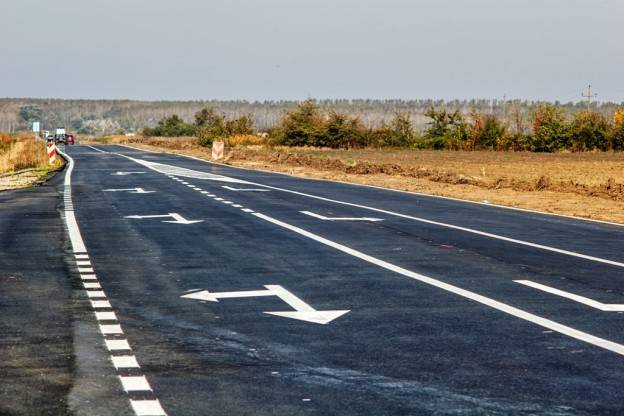
Water bitumen emulsion is a highly dispersed liquid material of dark brown color, made by atomizaion of bitumen in water solution of an emulsifier. Bitumen emulsion is produced in special dispersers, ultrasonic homogenizers and colloid mills. These machines vary in the method used for emulsification of the raw material and the quality of the product.
Preparation of water bitumen emulsion involves grinding and mixing of bitumen phase in water media and further emulsification. A surfactant is required for emulsion production. The raw material is supplied to special mechanical devices: wet grinding mills. These devices grind bitumen to microscopic particles and disperse it in the water solution of the emulsifier.
Since the grinding effect is less pronounced than the impact action of ball crushers, therefore such devices do not use large particles of the raw materials. The wet grinding mills produce highly stable dispersed systems: colloid solutions of two or more materials, which practically do not mix and do not react chemically.
Bitumen emulsification devices are usually superfine grinding mills. Bitumen and water phase pass between the rotating rotor and stationary stator with teeth for creating turbulence in the stream. The main component of the colloid mills is a disperser, creating a highly stable dispersed system by mechanical destruction or emulsification of the raw material.
Water bitumen equipment comes in to kinds: batch or continuous production. The continuous production systems are more popular for bitumen dispersion.
GlobeCore manufactures high quality UVB-1 and UVB-2 plants for production of water-bitumen emulsion, as well as polymer modified bitumen emulsion.
